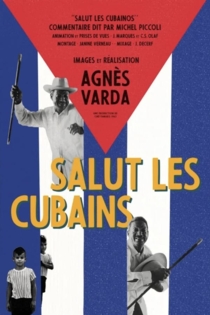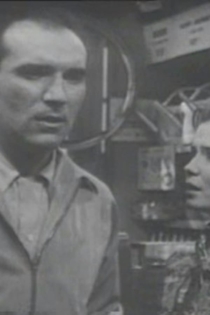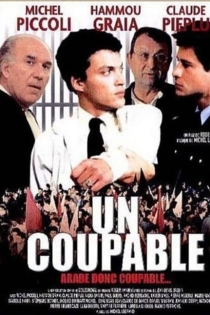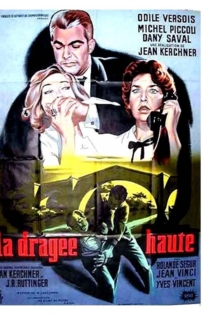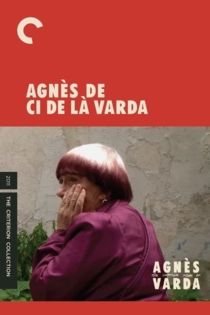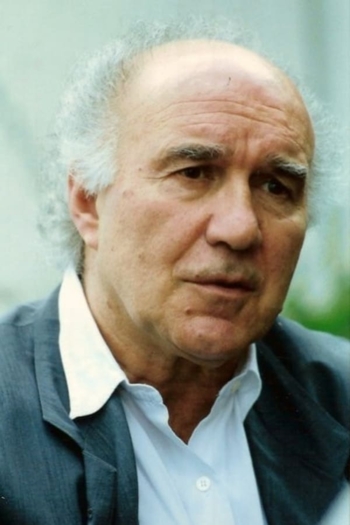
Michel Piccoli
1925 - 2020Placed in an establishment for problem children, the commitments of the young Piccoli, are made in opposition to his maternal grandfather, senator of the Third Republic, financier of the Radical Party, and important industrial painter, accused by the trade union left and by Georges Clemenceau, of having intoxicated his workmen through lead white which causes lead poisoning.
Michel Piccoli then trained as an actor first with Andrée Bauer-Théraud and then during Simon. After an appearance as an extra in "Sortilèges" by Christian-Jaque in 1945, Michel Piccoli made his film debut in "Le Point Du Jour" by Louis Daquin. In the theater he distinguished himself with the Renaud-Barrault and Grenier-Hussot companies as well as at the Théâtre de Babylone. Noticed in the film "French Cancan" in 1954, he continued on stage and worked with directors Jacques Audiberti, Jean Vilar, Jean-Marie Serreau, Peter Brook, Luc Bondy, Patrice Chéreau and André Engel, and became also know in popular TV movies. Having become an atheist after a family bereavement, he met Luis Buñuel in 1956, and ironically took on the role of a priest in "La Mort En Ce Jardin". In 1959, he shot "Le Rendez-Vous De Noël", a short film by André Michel based on the short story by Malek Ouary "Le Noël Du Petit Cireur", in Algiers. The 1960s sounded his consecration, noticed in "Le Doulos" by Jean-Pierre Melville, he was revealed internationally with "Le Mépris" by Jean-Luc Godard alongside Brigitte Bardot. From then on, he toured with the greatest French and international filmmakers such as Alfred Hitchcock, Luis Buñuel, Youssef Chahine, Manoel de Oliveira...
He began the 1980s with the interpretation prize at the Cannes festival in 1980, with "Le Saut Dans Le Vide" by Marco Bellocchio, and that of the Berlin festival in 1982, with "Une Étrange Affaire" by Pierre Granier-Deferre. . He worked with Jacques Doillon, Leos Carax, before trying his hand at directing. In 2001 he received the IX Europe Prize for Theatre. He was part of the jury of the 60th Cannes Film Festival in 2007, chaired by Stephen Frears. In 2011, he played in "Habemus Papam" by Nanni Moretti. The last film in which Michel Piccoli appears is the film "Le Goût Des Myrtilles", by Thomas de Thiers in 2013.
Politically committed to the left, member of the Peace Movement (communist), Michel Piccoli distinguished himself by his positions against the National Front, and mobilized for Amnesty International.
Michel Piccoli died on May 12, 2020 following a stroke in his mansion in Saint-Philbert-sur-Risle in Eure. His funeral takes place in Évreux on May 19, 2020, where he is cremated, his ashes are scattered within the family property.
Hauteclaire ou le Bonheur dans le crime
Jean Prat
Mireille Darc, Paul Frankeur
The action takes place under the Restoration, at the Château de Savigny, near Nerville, a devout and prudish little town in the Cotentin region. Doctor Torty is the doctor. He tells a story of which he is the only one to know the secret, that of a criminal couple, without any remorse. The pretty Hauteclaire Stassin, daughter of the master of arms, meets the Count of Savigny, married to the noble and languid Delphine. Madly in love with the count, Hauteclaire joined the castle as a servant. Shortly after, the countess died of poisoning. Will the guilty lovers go unpunished?
Hauteclaire
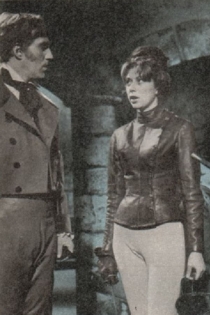
The Phantom of Liberty
Luis Buñuel
Adriana Asti, Milena Vukotić
This Surrealist film, with a title referencing the Communist Manifesto, strings together short incidents based on the life of director Luis Buñuel. Presented as chance encounters, these loosely related, intersecting situations, all without a consistent protagonist, reach from the 19th century to the 1970s. Touching briefly on subjects such as execution, pedophilia, incest, and sex, the film features an array of characters, including a sick father and incompetent police officers.
The Phantom of Liberty
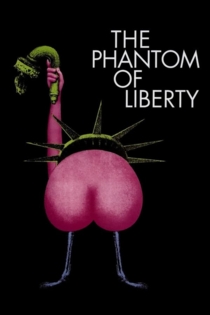
Romy - Anatomy of a Face
Hans-Jürgen Syberberg
Romy Schneider, Hans-Jürgen Syberberg
Documentary about young actress Romy Schneider, capturing just the right moment between her first career as a young actress in mainstream "Unterhaltungskino" ("entertainment cinema") and her second one as acknowledged European arthouse actress.
Romy: Anatomy of a Face
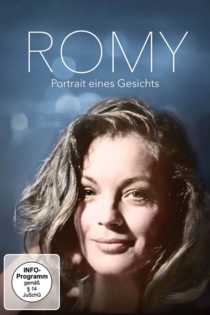
Le Doulos
Jean-Pierre Melville
Jean-Paul Belmondo, Serge Reggiani
Enigmatic gangster Silien may or may not be responsible for informing on Faugel, who was just released from prison and is already involved in what should be a simple heist. By the end of this brutal, twisting, and multilayered policier, who will be left to trust?
Le Doulos
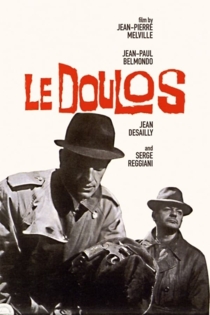
The Young Girls of Rochefort
Jacques Demy
Catherine Deneuve, Françoise Dorléac
Delphine and Solange are two sisters living in Rochefort. Delphine is a dancing teacher and Solange composes and teaches the piano. Maxence is a poetand a painter. He is doing his military service. Simon owns a music shop, he left Paris one month ago to come back where he fell in love 10 years ago. They are looking for love, looking for each other, without being aware that their ideal partner is very close...
The Young Girls of Rochefort
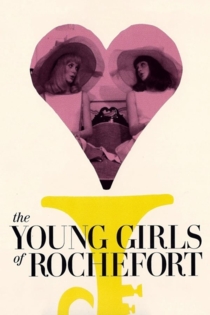
The Discreet Charm of the Bourgeoisie
Luis Buñuel
Fernando Rey, Delphine Seyrig
In Luis Buñuel’s deliciously satiric masterpiece, an upper-class sextet sits down to dinner but never eats, their attempts continually thwarted by a vaudevillian mixture of events both actual and imagined.
The Discreet Charm of the Bourgeoisie
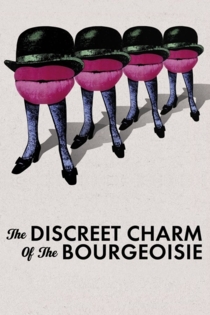
Belle de Jour
Luis Buñuel
Catherine Deneuve, Jean Sorel
Beautiful young housewife Séverine Serizy cannot reconcile her masochistic fantasies with her everyday life alongside dutiful husband Pierre. When her lovestruck friend Henri mentions a secretive high-class brothel run by Madame Anais, Séverine begins to work there during the day under the name Belle de Jour. But when one of her clients grows possessive, she must try to go back to her normal life.
Belle de Jour
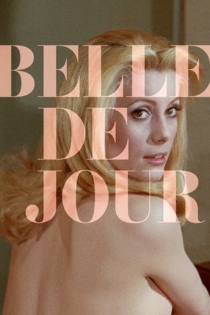
Salut les Cubains
Agnès Varda
Michel Piccoli, Agnès Varda
A photo montage of Cubans filmed by Agnès Varda during her visit to Cuba in 1963, four years after Fidel Castro came to power. This black & white documentary explores their socialist culture and society while making use of 1500 pictures (out of 4000!) the filmmaker took while on the island.
Salut les Cubains
